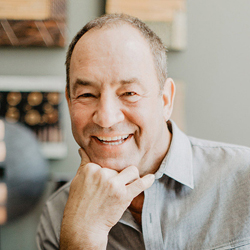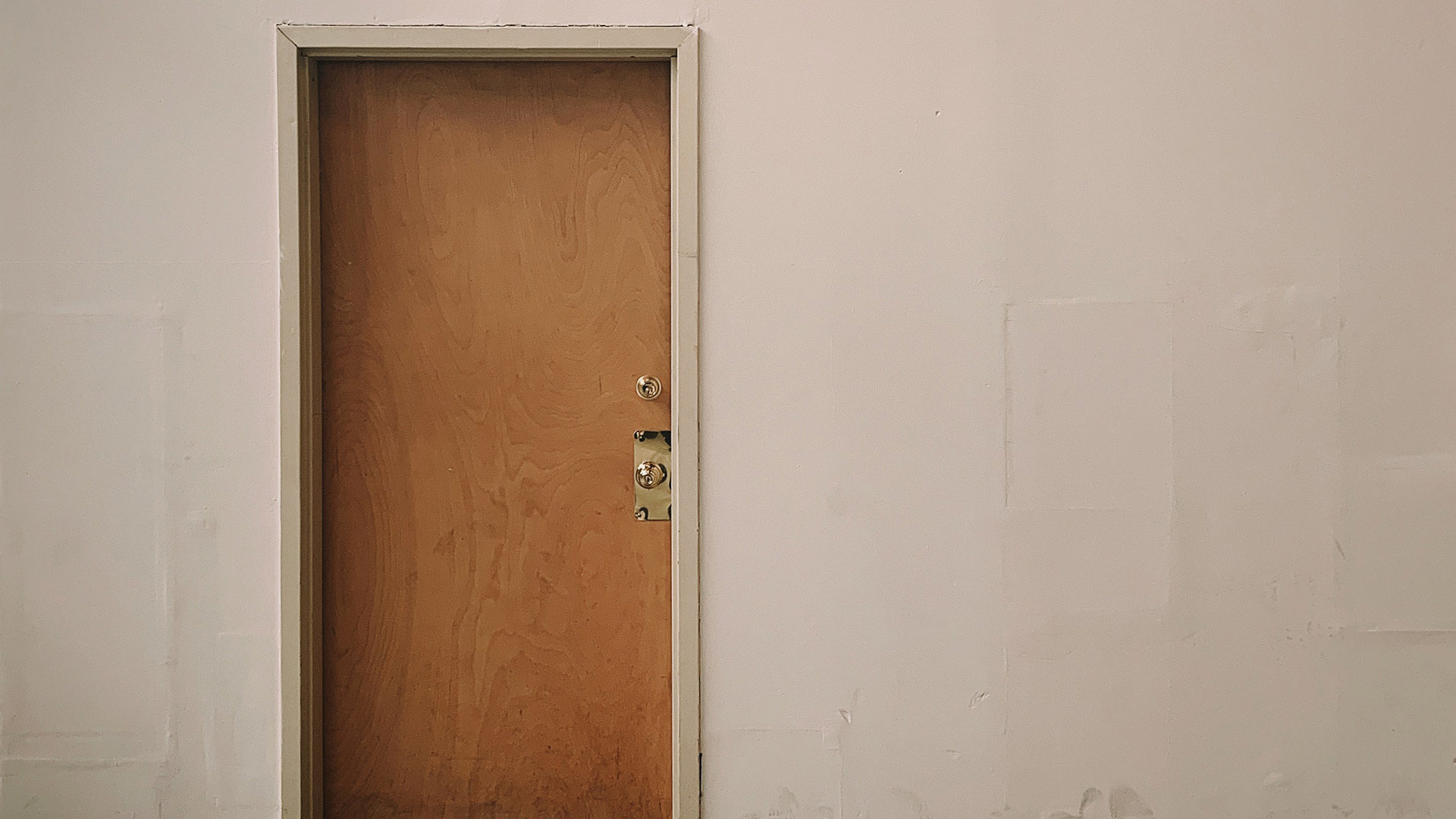“Moonias! Moonias!” (“White Man! White Man”) the children screeched as I stood outside their home on the Maskwacis First Nations Reservation. As a Community Social Worker, I had been summoned to investigate a child abuse allegation. I was twenty-two years old and it had never occurred to me that the color of my skin was the “thing” determining whether or not I would gain access to this home. The color of my skin “spoke.” It spoke of power and the potential to determine the future of this family. I certainly didn’t have language at the time for what was happening, I only knew what I felt. I felt othered, misunderstood, frightened, alone, even mistreated. Over time, it became clear to me that on the other side of the door was a family that felt exactly the same. At the threshold of our vast differences lay the question: “What will we do with (or to) the other, should the door open?”
I waited.
As I waited, flashing through my mind was the question, “Should I use my state-commissioned authority to enter without their permission or should I wait until the door opened and I was invited in?” And if the door opens, I pondered, should I exercise my authority to remove the children with no questions asked and get the hell out, or should I stay, ask questions, and create conversations and together collaborate a plan for the care of these children?”
The door opened and our story began. We would spend the next two years together navigating our differences. As I continued to return, one day I noticed I did not hear the voices of the children yelling “moonias, moonias.” Rather, it was the children themselves who opened the door and let me in. Slowly we had moved from Moonias-Indian (First Nations) to the use of our given names.
As we came to know each other by name, we also grew to care for the other as we worked together to create a safer place. It did not go well nor did it end well. But in the process, this family, along with many of the Maskwacis tribe, became my first teachers about race, power, privilege, hatred and the fallacy of “whiteness” as a norm. Whiteness, as I would later come to understand as a fabrication benefiting the White race and devoid of any meaning other than maintaining power and privilege, had to be yielded and re-imagined.
Yielding, at the time, came in the act of return. One of the lessons I learned was the importance of simply “showing up.” One morning, I received a message from the police that the children of this family were sitting in a cell at the police station waiting for me to take them home. The children had been caught breaking into several stores the night before and the police could not get in touch with their mother. The children had directed the police to call me. As we drove back towards the reservation one of the children spoke up and said, “Roy, if you would come see us more often, we would be better.” The words struck deep. And they have never left me. That small child, speaking from deep within their heart, was very wise. For we are all made better when someone shows up.
But how we show up, I would learn, is another question. Though we did not have the language of “whiteness” as social construction at the time, we both knew, at a conscious and unconscious level, the danger handed down by my people – the assault upon their culture. They had every reason to be wary of me.
And I was wary of myself. I barely “knew” myself and hidden in me, given my culture and privilege, was a deep bias of our indigenous people. So how would I show up? Did I feel comfortable enough in my own White self to not abuse the power and privilege of my whiteness?
Perhaps because of my youth, my idealism, if I did nothing else, I returned. But my confidence in continuing to return was because the Maskwacis slowly welcomed my return. Their acceptance of me as the White man that I am challenged me to accept them as the persons that they are. I believe it was they who initiated in me the idea that, “to be useful in this world, the best I can do is to be me and not try to be you or attempt to make you me.” This was a challenge to my previous understanding where difference was expected to accommodate my whiteness. What I have learned is that it is in the grit of working through difference, misunderstandings, misrecognitions, ruptures and repairs – where transformation takes place.
I have been a decades long student of the philosopher Martin Buber whose work entitled I and Thou is essentially a classic. A quick read of Buber often leaves the reader thinking the I/Thou encounter is simply a moment of meeting when two persons come to understand the other and tension is released. But the I/Thou moment is not encountered through sameness, agreement or compromise. Rather, it is predicated on the recognition of difference. Genuine Encounter is the act of living in the ache and the beauty of contrast. It is the move from “using” the other as an object for personal gain and power. It is the act of “turning” towards the other as a (w)holy other. It is the hope that two separates can find unity in contrast.
This is not achievable however, if one is unable to confirm oneself. If one is unable to live and be in their own skin – (in my case, my white skin) – the skin of the stranger will always be someone to fear, to subjugate, to own and objectify. But if I am able to consider my fear of the other as an outward manifestation of unworked issues of my own, at the least this should give me pause towards an understanding of the other as an unfair recipient of my biases. At the most, it should cause me to turn towards the other with humility with wonder and with awe.
Chief Dan George was a highly respected in the Tsleil-Waututh Nation – a neighboring nation of the Maskwacis. His book My Heart Soars, was a companion to me during my time with Maskwacis. He said this:
One thing to remember is to talk to the animals. If you do, they will talk back to you.
But if you don’t talk to the animals, they won’t talk back to you, then you won’t
understand, and when you don’t understand you will fear, and when you fear you will
destroy the animals, and if you destroy the animals, you will destroy yourself.
That day as I stood on the steps, I was asking the question, “if that door opens what will
we do with (or to) the other?” What I learned that day is to show-up and to wait to be let in. What I have learned since is the importance of reflecting upon “what is it that I fear? The strange other? Or the stranger that is within?
I am grateful that day that the door opened. For it birthed in me, that my/our fear of the other will destroy us. And that it is through opening the door to our differences, that we are shaped, reshaped and transformed.


